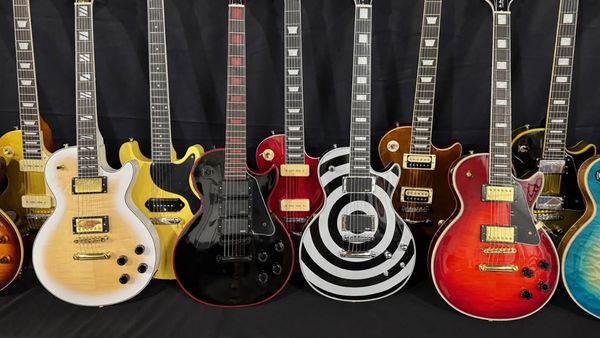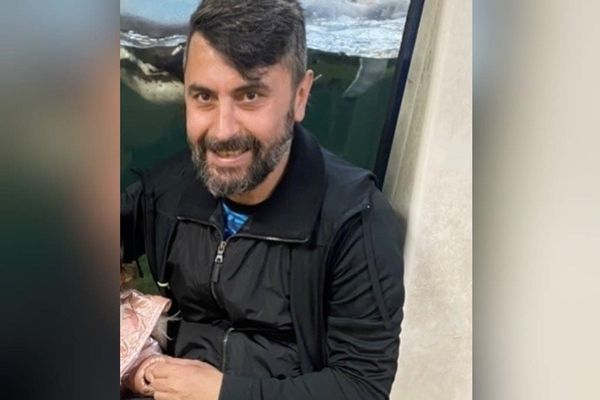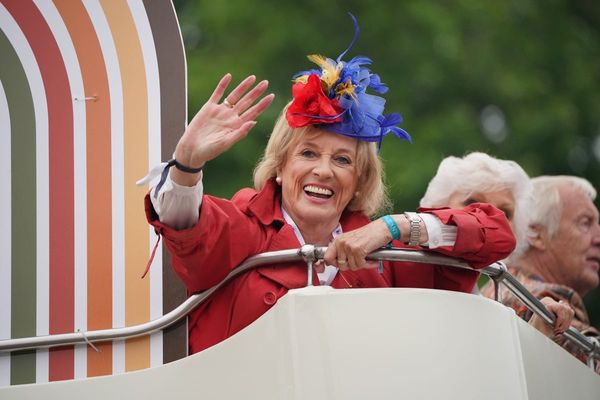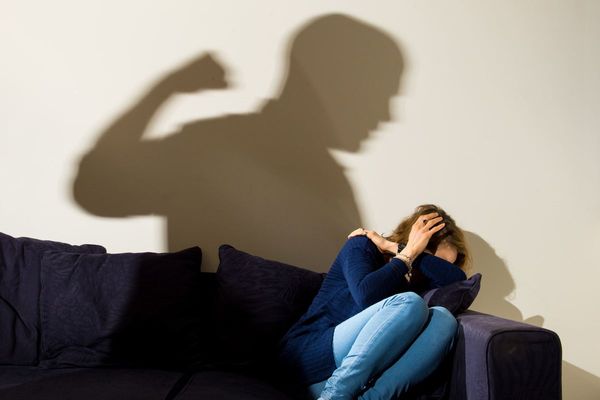
Natalie Rabey doesn’t know how much time she has left. But she knows what she wants to do with it.
“While I’m still breathing, I’d like to get some action on solar panels for people in public housing, because it’s just terrible at the moment,” she says.
The 73-year-old public housing resident has spent more than a decade advocating for improved living conditions for public tenants in Melbourne’s south-eastern suburbs. She says with the cost of living soaring, she has never seen so many people doing it so tough.
“A lot of people around here are getting help from the Salvos and neighbourhood houses with food, especially pensioners. How are they supposed to pay their power bills, medication, groceries when it’s all going up by so much?” Rabey says.
“I know some people are just not turning their heaters on in winter, while the ones who have air conditioners, they don’t use them at all in the summer because they can’t afford to. Others are just switching everything off.”
For Rabey, this is not an option. She has permanent scarring on her lungs following a viral infection that put her in hospital for nine weeks. As a result, she needs to use an oxygen machine and run two air purifiers and a compressor 24 hours a day.
“I don’t know what it’s going cost me as we head into winter because I have to keep the heating on throughout the night, because otherwise in the morning it’s freezing and I start coughing up,” Rabey says.
She is backing a push by the Victorian Public Tenants’ Association to install solar panels on every public housing property in the state.
In its state budget submission, the VPTA, the peak body representing existing public housing renters and those on the waitlist, estimates 23,500 existing public housing properties are suitable for installation of rooftop solar panels.
It could save each household up to $535.49 each year in energy bills.
The VPTA chief executive, Katelyn Butterss, said the proposal would tackle cost-of-living pressures for low-income households, help Victoria reach its emissions reductions targets, and create more than 1,000 jobs.
“Homeowners, people who live in community housing and those in private rentals have had an opportunity to access subsidised solar panel installations, while the tenants of Victoria’s biggest landlord – the director of housing – are the only people left behind,” she said. “It’s time they also reaped the benefits.”
The VPTA’s submission also calls for a program that would see vacant property owners lease their homes to the government for temporary inclusion in the public housing stock for up to 15 years.
The government would pay participants market rent plus 1%. To encourage owners to join the program, the government could increase the vacant residential land tax or apply it to more parts of the state, the submission states.
Butterss said the idea followed the release of 2021 census figures last year, which showed there were 1m unoccupied properties across Australia – or 10% of all housing stock – on census night.
“That’s really hard to reconcile when in Victoria, there are more than 100,000 individual Victorians waiting for access to safe, secure, affordable housing,” she said.
She described the proposal as a “stopgap” until the government’s $5.3bn “Big Housing Build” to construct more than 12,000 new homes eventuates. However, she warned it was likely these new properties would make only a small dent on the “very swollen waitlist”.
Rabey is keen to stress that most people in public housing don’t want to be there.
“Sometimes stuff happens to people in their lives that they can’t control,” she says. “I only ended up here because my brother’s business went down. That’s life. So we should try to make it a bit easier when we can.”
“I don’t know how long I have left but I want to see this one through.”







